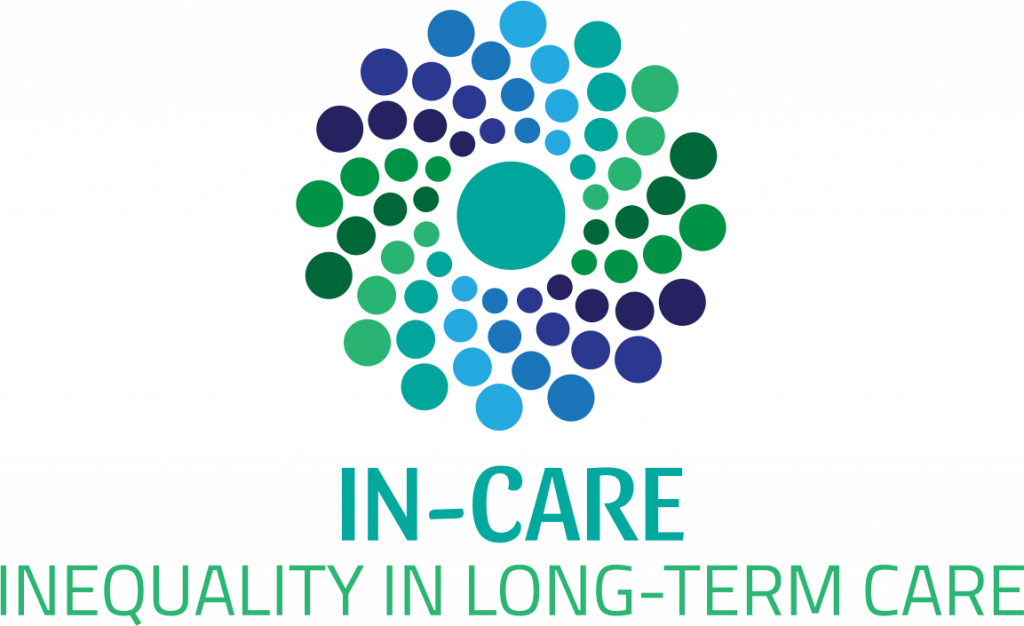
IN-CARE: Inequality in Care- How are varying care systems associated with inequalities in care and wellbeing in later life?
The three-year ORA (Open Research Area, 2019-2022, extended until 2023) funded project investigates if and how different long-term care systems, and recent long-term care reforms, are associated with socioeconomic disparities in formal and informal care use, health, and wellbeing in later life within Europe and Japan. Examining specific features of long-term care policies provides theoretical insights on family, health, and wellbeing inequalities in two ways. First, the project will explore which specific national policies implicitly or explicitly support family care, and empirically assess whether such policies contribute to socioeconomic inequalities in family care. Second, the project examines whether the health and wellbeing consequences of socioeconomic inequalities in care, among older adults, are related to key features of long term care policies. A better understanding of the consequences of different care policies for inequalities in care, health and wellbeing in later life will inform debates on the potential impact of future policy decisions.
The Open Research Area (ORA) is a funding resource that is jointly organized by national funding agencies within France, Germany, the Netherlands and the United Kingdom, with the overarching aim of facilitating and strengthening international co-operation in social science research. Aligned with this aim, ORA has recently collaborated with the Japanese Society for the Promotion of Science to enable research collaborations with emerging researchers in Japan.
We wish to thank our funders
Deutsche Forschungsgemeinschaft (DFG), Germany
Economic and Social Research Council (ESRC), United Kingdom
Netherlands Organisation for Scientific Research (NWO), The Netherlands
Japan Society for the Promotion of Science (JSPS), Japan
